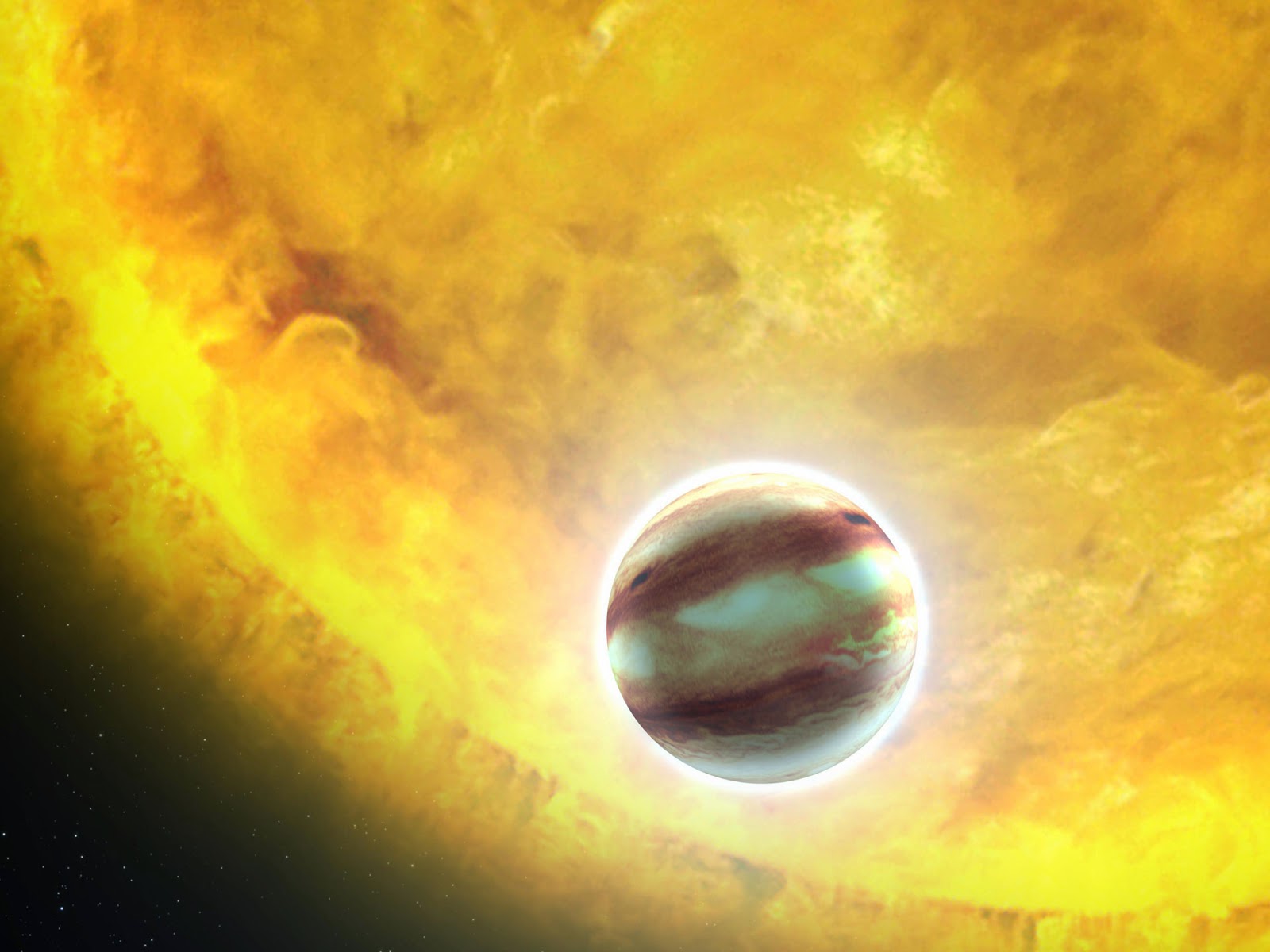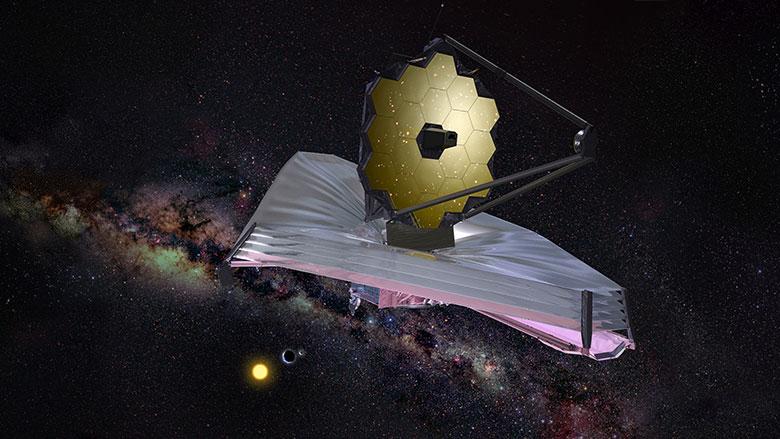The JWST is flexing its muscles with its interferometry mode. Researchers used it to study a well-known extrasolar system called PDS 70. The goal? To test the interferometry mode and see how it performs when observing a complex target.
Continue reading “JWST Uses “Interferometry Mode” to Reveal Two Protoplanets Around a Young Star”JWST Uses “Interferometry Mode” to Reveal Two Protoplanets Around a Young Star




